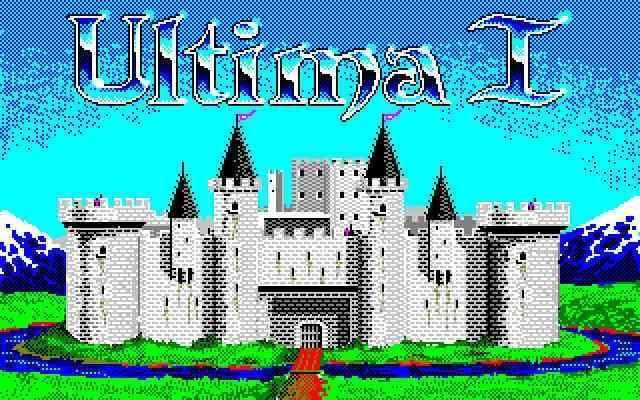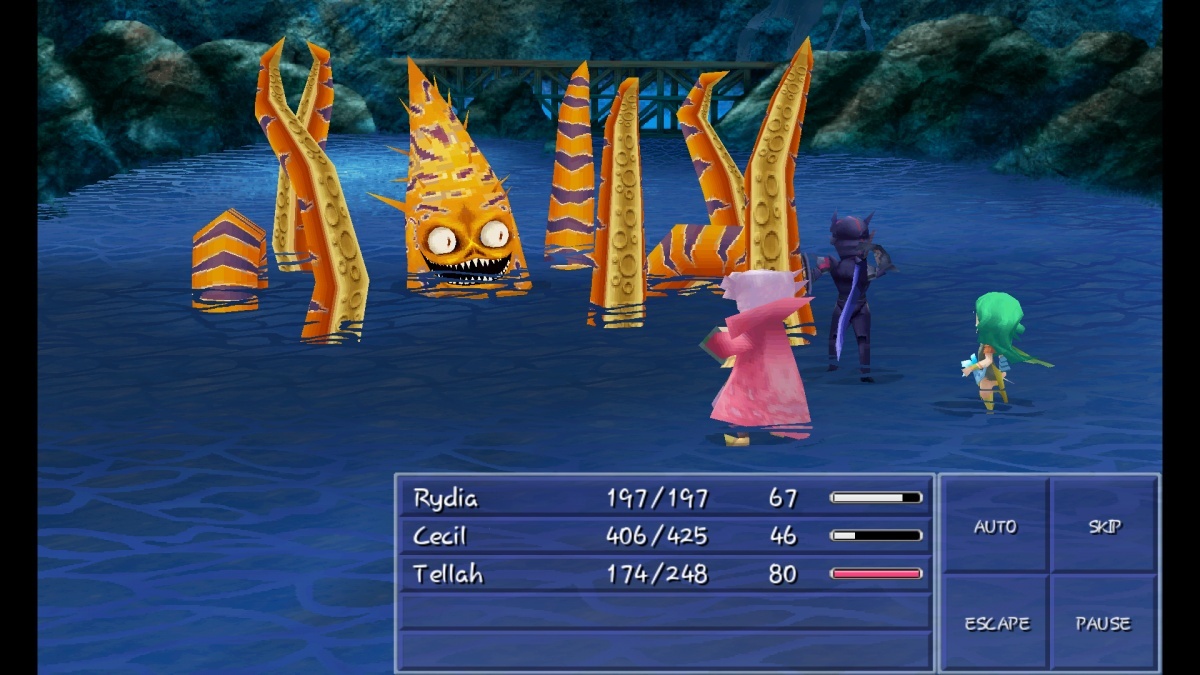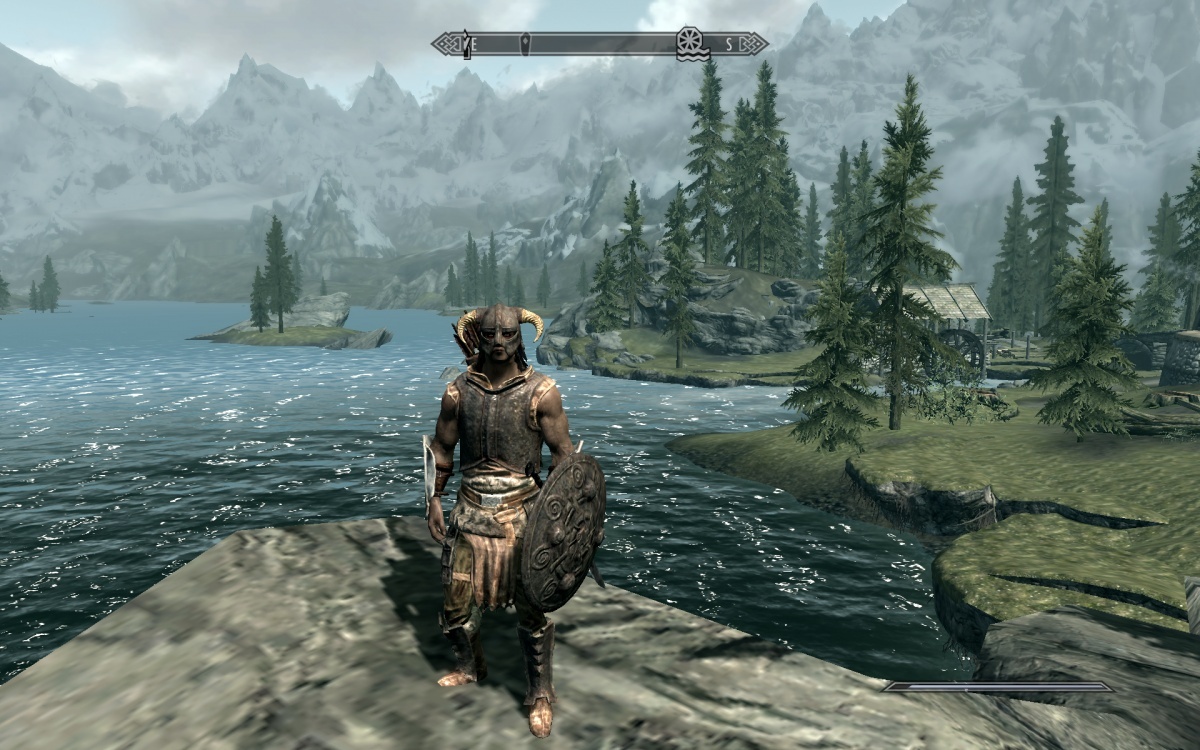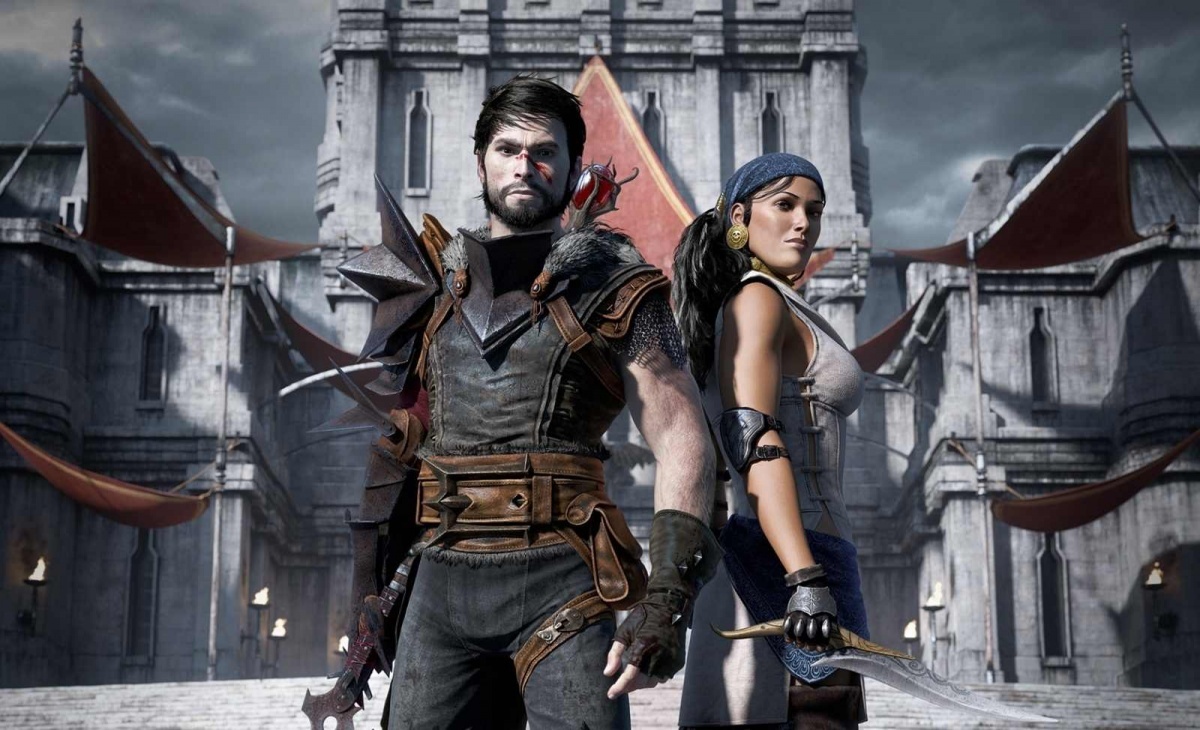First, it's important to get something out of the way: "Western RPG" and "JRPG" are misnomers, brought about by people who may have misunderstood what was happening in videogames at the time. That's a bold statement, but undoubtedly most will agree after the point is made…
In the early '90s, there were still two types of RPG: those like Final Fantasy and those like Ultima, but nobody alleged that one was Western and one was Eastern. This was true, of course, since Origin Systems, Black Isle Studios, and Bethesda were all Western companies, but that's not the actual cause of the rift. In actuality, there were PC RPGs, and there were Console RPGs. PC had game series like Baldur's Gate, The Elder Scrolls, and Ultima, while Console had series like Final Fantasy and Dragon Warrior.
This split is now referred to as "Western/Japanese," but that's inaccurate. In reality, there are series that have roots on PC, and series that have roots on Console. Ostensibly, the effect is the same, since there are two distinct types of game, but the differences are more pervasive than would be indicated by cultural heritage. PC offered then—and continues to offer today—much more robust, involved, and engrossing experiences. This isn't to say that PC RPGs are superior to Console RPGs—they just do different things.

One of the things that PC RPGs excelled at, and which console RPGs lacked the tools to do, going back as far as Ultima IV and the mid-1980s, was the implementation of robust dialogue trees. Although Final Fantasy II attempted to emulate such systems, it was extremely bare and little more than an interesting sideshow; meanwhile, Ultima IV (the PC version) allowed players to type their own replies to NPCs, almost with the same interactive fluidity as the better text adventures.
Creating a protagonist has always been a key element of PC RPGs, as well, but Console RPGs have eschewed this almost since the beginning; only two of the games in the venerable Final Fantasy series allow players to create characters, and none have allowed the player to dictate personality. This caused a clear divide. In PC RPGs, the player created a character and then lived that story through the characters, whilst in Console RPGs, the player controlled a character of someone else's design, and then watched events unfold around that character.
The dialogue trees were a large part of this, and PC RPGs, thanks to being bigger, longer, and more varied, were generally more open-ended and less linear, while Console RPGs tended to follow a path of events that the player had little capacity to influence. In PC RPGs, the player character did things, and in Console RPGs, the player triggered events. This was because the PC RPG had the tools to put the player more completely in the shoes of the character; the player wasn't told that their character had this, that, and the other characteristic—the tools and options were there for the player to give the character whatever personality the player wanted.

This is not an assault on Console RPGs, though. Anyone who follows me closely will know that I love the Final Fantasy series—with the exceptions of Final Fantasy II and Final Fantasy III—and that Dragon Warrior was among the first RPGs that I ever played. RPGs and I go back to when I stumbled around the NES version of Lord British's castle, somewhere around the age of four or five, and happened upon the tantalising ship that so surreptitiously suggested to my father, my brother, and me that there was much more to come.
However, Ultima: Exodus on the NES is certainly not a Console RPG—it's a console port of a PC RPG, and a surprisingly good one when it's all said and done. In fact, it's probably one of the best RPGs on the NES, although it's certainly been overshadowed by Final Fantasy and Dragon Warrior. After the fourth Ultima game was ported to consoles, though, the series became a laughingstock in the console world, and rightfully so, thanks to the abomination that was Warriors of Destiny on the NES. Don't even try it. Just don't.
Technology evolved, though, and the rift widened between the in-depth experiences on offer by PC RPGs and the streamlined experiences offered by Console RPGs. It's not that either was bad; they were simply different.

PC RPGs, however, have lost their way.
The once distinguishing factor for this genre, that it contained role-playing, is no longer even existent in the genre. There is no role-playing to be found in Dragon Age: Inquisition, Dark Souls, or The Elder Scrolls V: Skyrim. To really explain this, there is a need to look at what is, without doubt, the greatest role-playing game ever made: Dragon Age II.
Dragon Age II had some major problems, and it was a terrible adventure game. However, the role-playing is top-notch, and unlike anything that had appeared before or that has been done since. Many at the time accused it of being a Dating Simulator, forgetting, it seems, that any true role-playing game will be heavily devoted to building character personality and relationships with NPCs. In essence, it was ninety-five percent role-playing, and five percent adventure, while other notorious series reverse those numbers completely, and sometimes give even greater weight to the adventure portion.
Skyrim, fun though it is, contains no role-playing whatsoever. No matter what the player does, the world never changes according to what is said or done—it doesn't matter the Emperor is killed, or if the Thieves Guild is returned to glory, or the curse is lifted from Kodlak. Contrast this to Dragon Age II, where NPCs react to patterns in dialogue choices, and where scripted events will change based on how the player portrays that iteration of Hawke. By consistently choosing to be snarky, some cut-scenes will play out automatically, with a Hawke they constructed behaving exactly as they would have chosen, without further user input. The scene where the Tevinter slavers decide to try to enslave Hawke is a perfect example: a snarky Hawke rogue will whip out a dagger and hold it to the man's throat, saying, "I also do that."
Combined with the extensive appearance customisation options, it's no wonder that Hawke, but not the legendary Grey Warden, made a return for Dragon Age: Inquisition. Those who played and enjoyed Dragon Age II have a fondness and closeness to Hawke that no other protagonist has managed, because players construct a unique Hawke from hundreds of small, sometimes imperceptible, options, and because of this, Dragon Age II is the quintessential role-playing game.

Then there are the ones like Kingdoms of Amalur: Reckoning and Skyrim, where the total amount of player choice is to do a quest or not do a quest. Modern single-player RPGs have become virtually indistinguishable from MMORPGs, which is not a good thing: an abundance of straightforward quests with no potential user impact to the outcome, other than success or failure, decimates whatever role-playing there might have been. It is appalling to learn that in Skyrim there is not even an option of turning down the Nightingales—what if my character would never make a deal with the daedra? How was such an obvious and glaring option not included?
In Dragon Age: Inquisition, I stumbled across a burning building one day, and some Templars had trapped some mages inside of it. I killed the Templars, but it was too late to rescue the mages. That was it. That was the end of the encounter because there was no quest (a word that makes me now grind my teeth angrily when I see it) to do anything further. There were no role-playing options, and no opportunity for my Mage Inquisitor to bolster her assault on the Templars in the region; there was nothing. I would almost bet that it was a randomly generated event, so limited was my ability to interact with it.
The critical part of the experience is that the world changes according to the player's choices and actions. In modern RPGs, this boils down to "the world changes depending on whether x quest has been completed." In more robust games (for example, those that aren't chained down by the MMO Quest System), the world changes based on the tiniest of actions, and the changes are so slight that they may go unnoticed—except that things will feel tailored to those in control, as in Dragon Age II (which did also feature the tedious Quest System, it's worth pointing out). It's subtle, but powerful, and people should expect no less, from games made with multi-million dollar budgets, than a role-playing experience that anyone can craft to their liking, with the world reacting in both small and major ways to what the character does. This Boolean system that hinges solely upon quest completion, and that is derived from World of Warcraft, has no place in a single-player RPG.

 Sign In
Sign In 26.03.2016
26.03.2016  bangtheclash
bangtheclash 
 Link to this post:
Link to this post:  Subscribe to this topic
Subscribe to this topic Features
Features





 Top
Top

